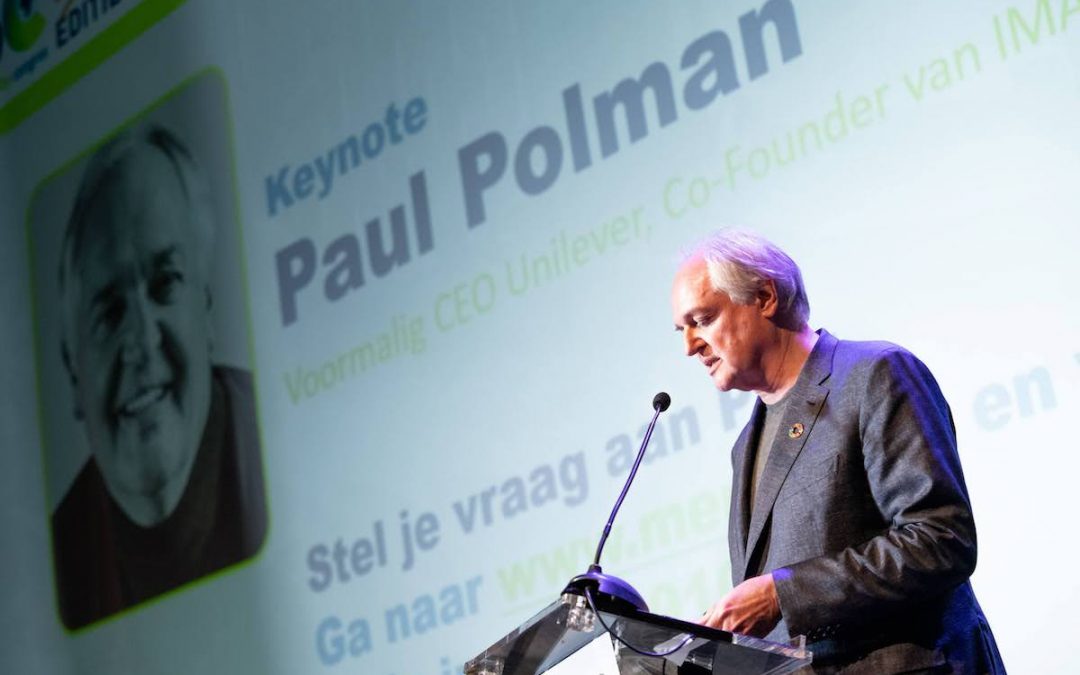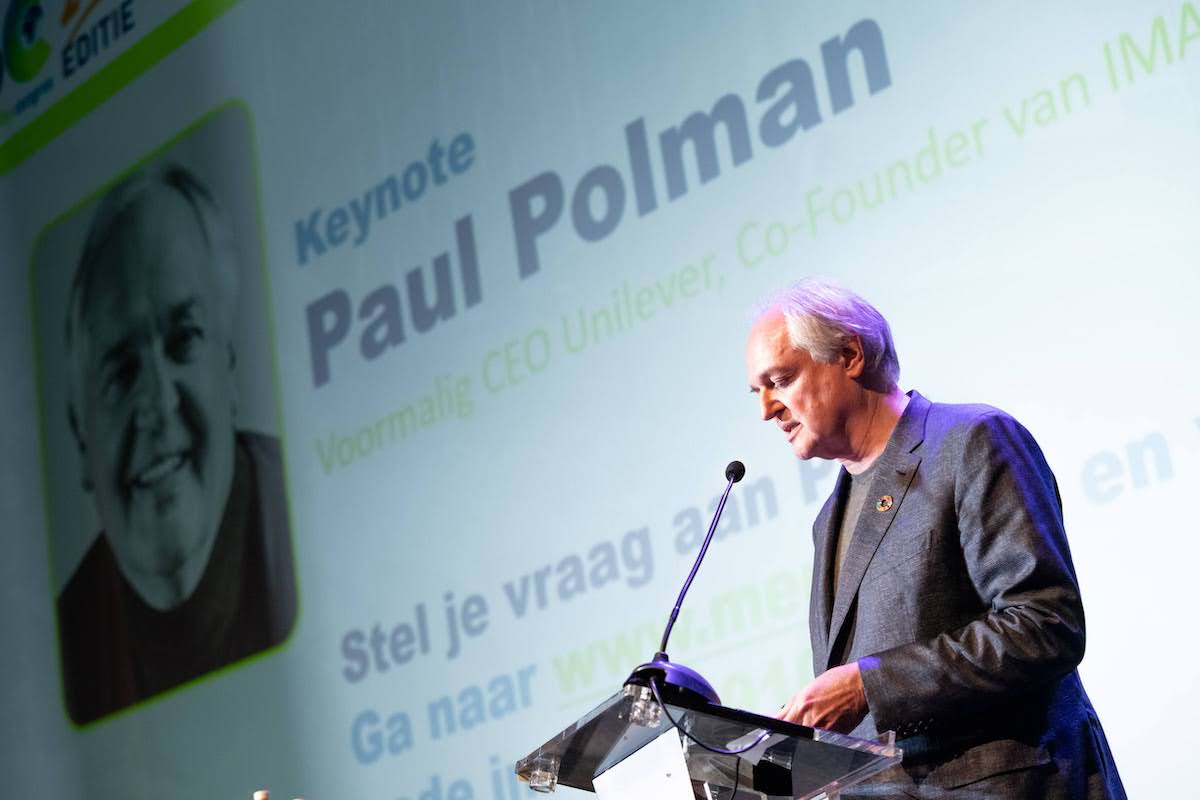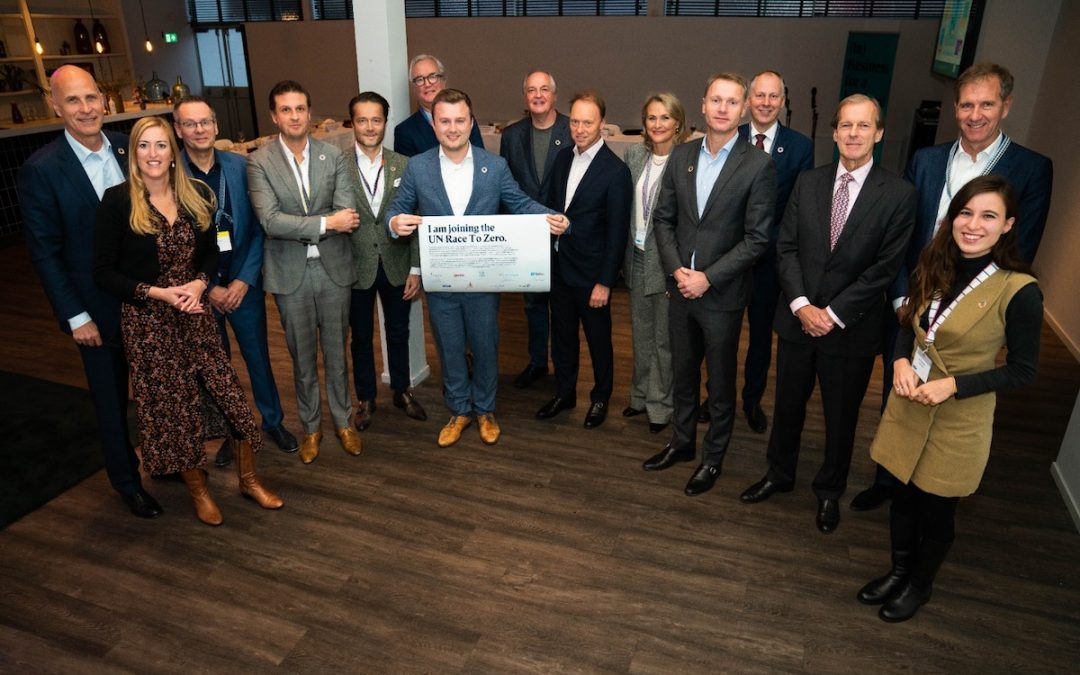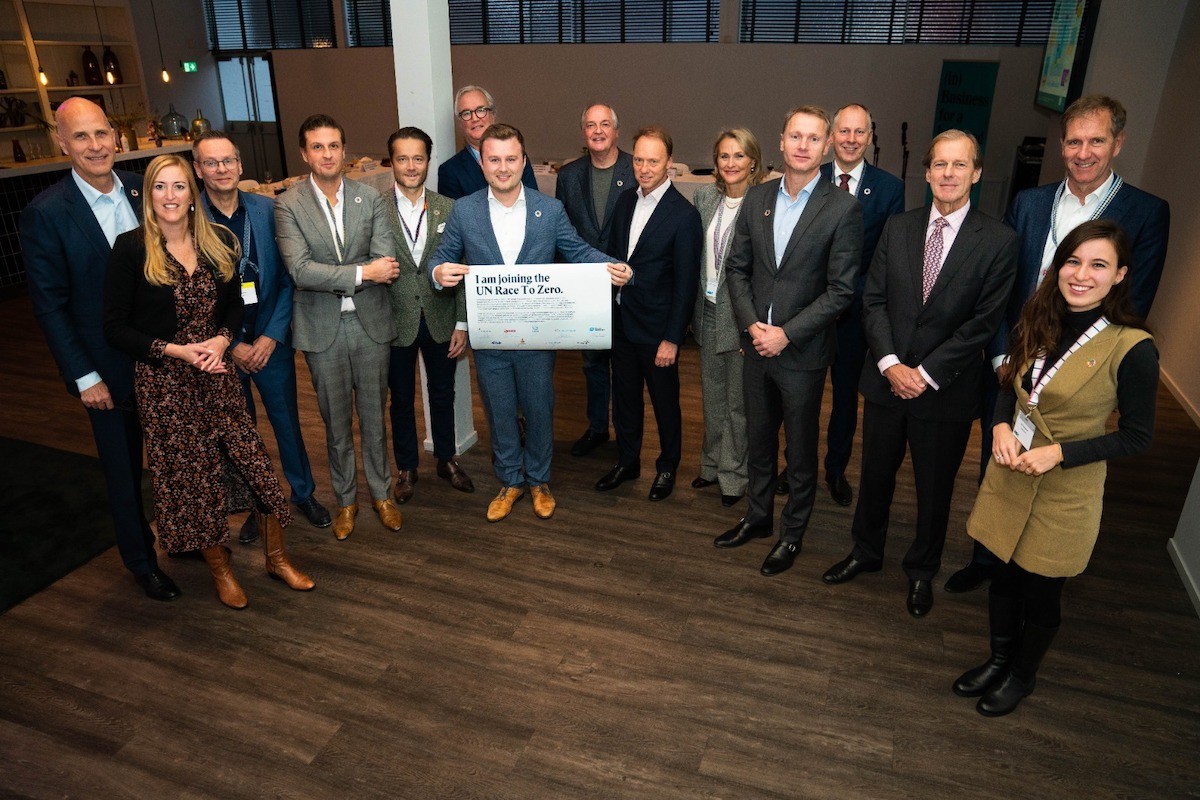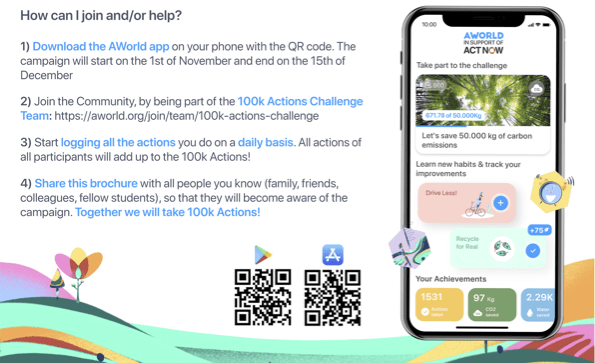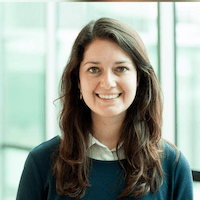
More than 1,000 companies commit to science-based emissions reductions in line with 1.5°C climate ambition
More than 1,000 companies commit to science-based emissions reductions in line with 1.5°C climate ambition
COP26, GLASGOW, United Kingdom, 10 November 2021 – The Science Based Targets initiative (SBTi) and the United Nations Global Compact today announced that more than 1,000 companies are setting 1.5°C-aligned science-based targets as part of a global campaign to rapidly scale corporate climate ambition.
1,045 companies representing more than $23 trillion in market capitalization (more than the GDP of the United States) have responded to an urgent call to decarbonize at the pace and scale required to limit global warming to 1.5°C. The companies span 53 sectors in 60 countries and have more than 32 million employees.
The Status Report: Business Ambition for 1.5°C – Responding to the Climate Crisis published today reveals the impact of the Business Ambition for 1.5°C campaign, which was initiated by the UN Global Compact in 2019 and is led by the SBTi, the global body enabling businesses to set emissions reduction targets in line with science, in partnership with the We Mean Business Coalition and UN Global Compact. The Business Ambition for 1.5°C campaign is a route for companies to join the UNFCCC Race to Zero campaign.
Within the corporate sector, 1.5°C-aligned targets are now the most common choice, representing 75 per cent of all submissions to the SBTi so far in 2021. In the urgency to halve emissions in the next eight years, the SBTi will only accept corporate 1.5°C-aligned targets from June 2022.
Sanda Ojiambo, CEO & Executive Director of the UN Global Compact, said: “Ahead of the UN Secretary-General’s Climate Summit in 2019, we challenged corporate leaders to limit the worst impacts of climate change and make the 1.5°C goal the new normal for corporate action. Today, through the Business Ambition for 1.5°C campaign we have witnessed an unprecedented increase in corporate commitments to tackle the climate emergency. Leading companies must now build trust by setting credible and independently-validated emission reduction targets and report on their progress. Greenwashing and misleading commitments have no place on our path to net-zero.”
Alberto Carrillo Pineda, Co-Founder and Managing Director of the SBTi, said: “We have catapulted ambitious corporate climate action into the mainstream — aligning with climate science is now business as usual for many companies worldwide. But the race to net-zero is a marathon and we’ve barely taken the first step. Climate science has made the urgency clear — we are at ‘code red’ for humanity. In order to address the climate crisis, we must double-down our efforts, align with a 1.5°C future and accelerate deep and urgent decarbonization. We call on all companies worldwide to set science-based net-zero targets – including both short- and long-term goals. There is no time to lose.”
The accountability of corporate commitments is key to building trust and supporting the delivery of credible corporate targets. Once a company has submitted a commitment they must submit their targets to SBTi for validation within 24 months. They must also report their company-wide GHG emissions and progress against their targets on an annual basis.
One third of the companies have already completed validation of their near-term emission reduction targets. Over half of the companies have also committed to reach net-zero emissions across their value chain by no later than 2050. The SBTi will be able to validate the integrity of these targets through the SBTi Net Zero Standard launched on 28 October ahead of COP26.
When the top 100 highest emitting companies comply with their commitment over the following months, the collective emissions reductions by 2030 should exceed 262 million tonnes — the equivalent of the annual emissions of Spain.
In addition to ensuring that companies align their emission reduction plans with science, there is an urgent need to ensure this transformation is a just and inclusive one. The UN Global Compact together with the International Labour Organization and the International Trade Union Confederation have today launched a Think Lab on Just Transition that will shape thought leadership for corporate action to support and engage in a just transition. As companies in all sectors work to halve global emissions by 2030, they will have to account for ensuring positive impacts on their employees and communities while preparing for net-zero, a resilient future and a more equal society.
Notes to Editors
About the “Business Ambition for 1.5°C — Our Only Future” campaign
The Business Ambition for 1.5°C campaign is an urgent call to action for companies to set
science-based emissions reduction targets in line with a 1.5°C, net-zero future. Launched
in May 2019 by the SBTi in partnership with the UN Global Compact and We Mean Business Coalition, it is backed by a global coalition of UN agencies, business and industry leaders. For more information please visit the campaign website. Find out more in Status Report: Business Ambition for 1.5°C – Responding to the Climate Crisis.
About the Science Based Targets initiative
The Science Based Targets initiative (SBTi) is a global body enabling businesses to set ambitious emissions reductions targets in line with the latest climate science. It is focused on accelerating companies across the world to halve emissions before 2030 and achieve net-zero emissions before 2050. The initiative is a collaboration between CDP, the United Nations Global Compact, World Resources Institute and the World Wide Fund for Nature and one of the We Mean Business Coalition commitments. The SBTi defines and promotes best practice in science-based target setting, offers resources and guidance to reduce barriers to adoption, and independently assesses and approves companies’ targets. www.sciencebasedtargets.org @sciencetargets
About the United Nations Global Compact
As a special initiative of the UN Secretary-General, the United Nations Global Compact is a call to companies everywhere to align their operations and strategies with Ten Principles in the areas of human rights, labour, environment and anti-corruption. Our ambition is to accelerate and scale the global collective impact of business by upholding the Ten Principles and delivering the Sustainable Development Goals through accountable companies and ecosystems that enable change. With more than 13,000 companies and 3,000 non-business signatories based in over 160 countries, and 69 Local Networks, the UN Global Compact is the world’s largest corporate sustainability initiative — one Global Compact uniting business for a better world.
For more information, follow @globalcompact or @GlobalCompactNL / @Global Compact Network Netherlands and visit the website of UN Global Compact at unglobalcompact.org
For interview requests, please contact: communications@sciencebasedtargets.org
Alex Gee, United Nations Global Compact +44 7887 804594
Rosie Williams, Science Based Targets initiative

